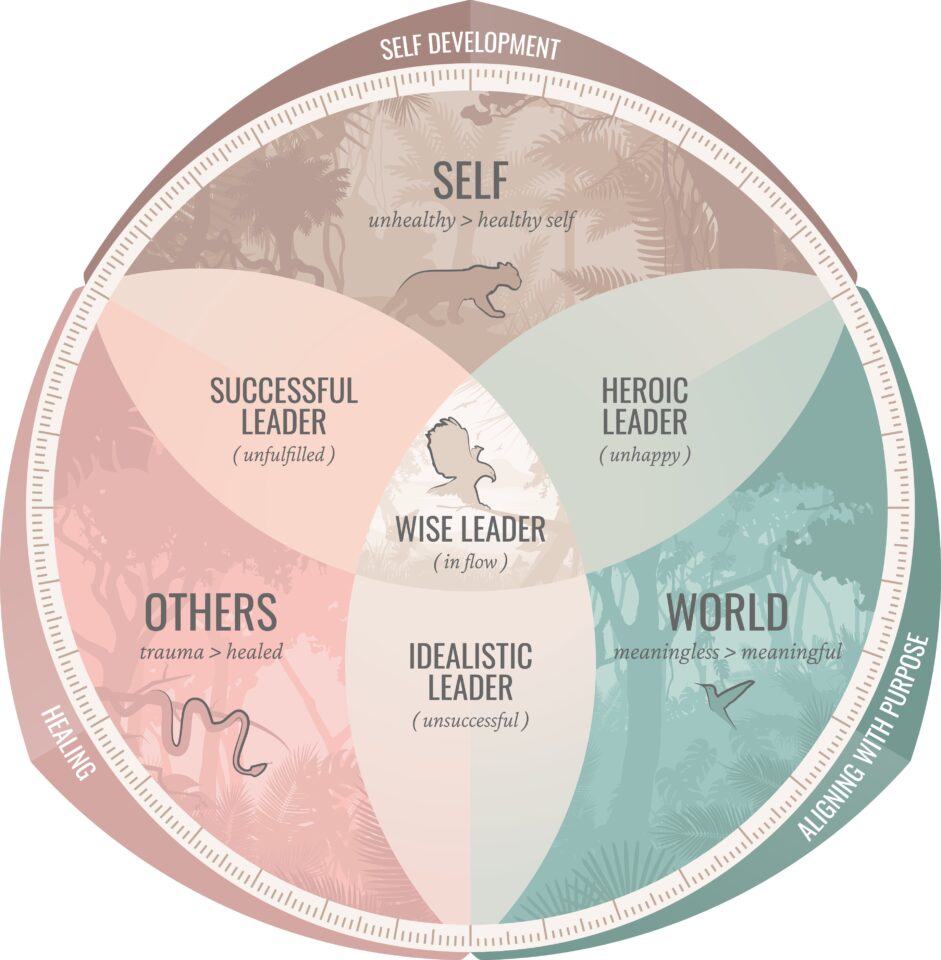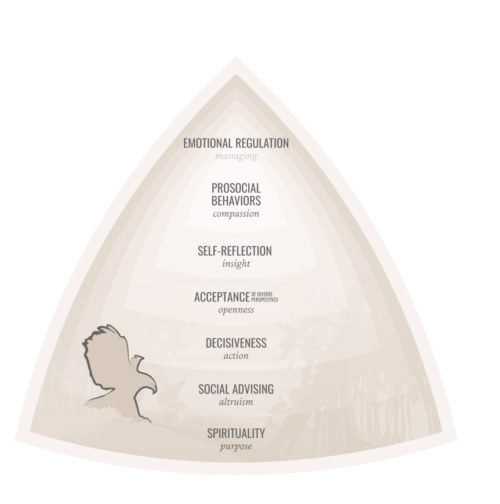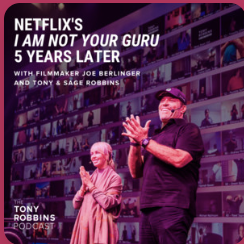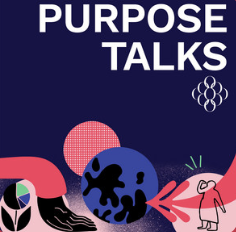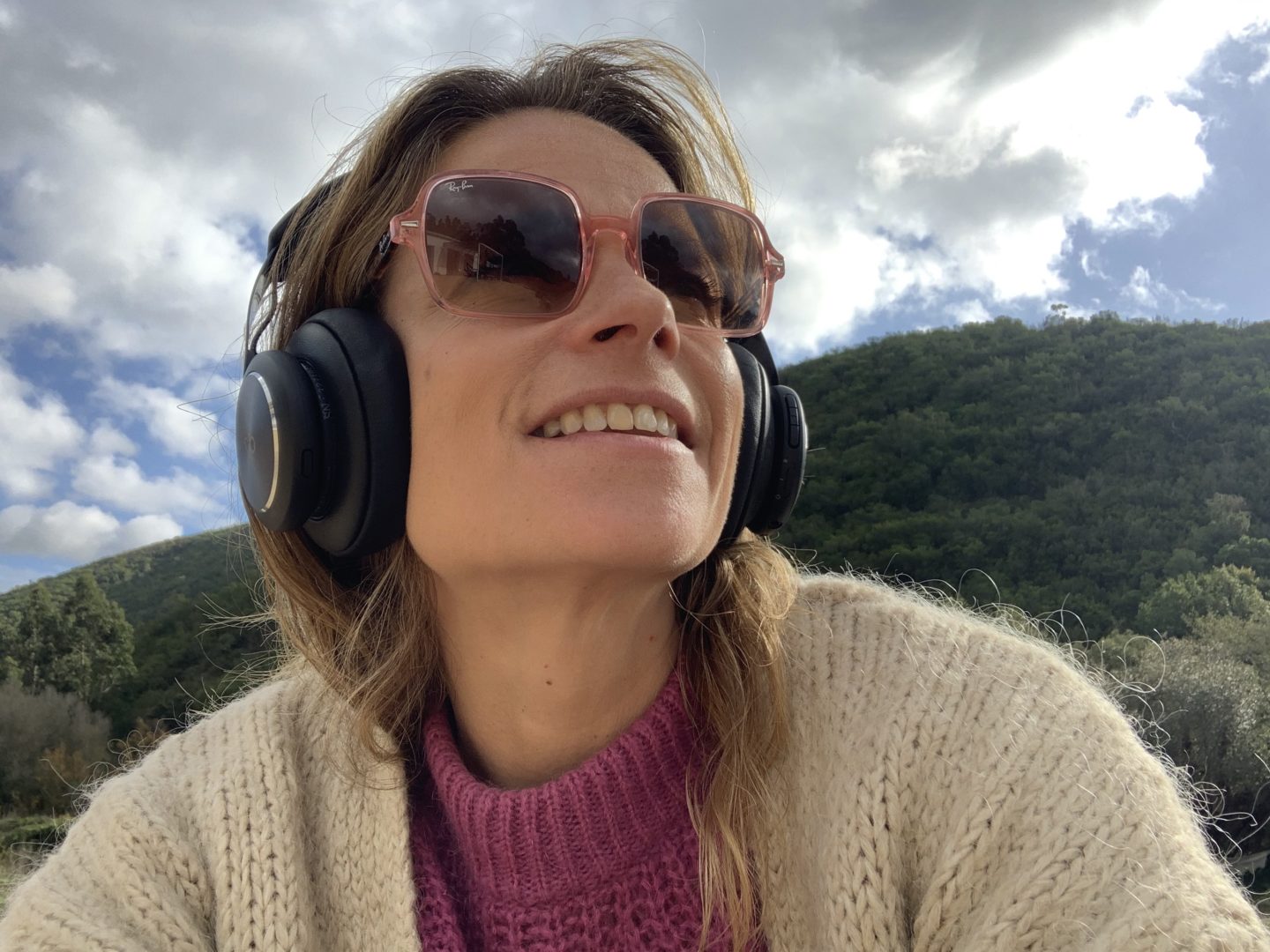We are emotional beings! And with that I don’t mean we-women, I mean we-humans. Because often looked upon differently: men have just as much emotions as women. Only they might show their emotions less.

Some people think they’re rational beings. Well, they’re not. Maybe they think about their emotions and make them sound very rational but in fact people are driven by emotions. That’s simply how our brain works (read more on how emotions really work according to new neuroscientific research here).
Emotions completely control you. Unless you control them. But how do you do that?
7 tips to regulate your emotions:
1. Make sure your body is in balance
To master your emotions, you can best start by taking care of your physical well-being. Adequate sleep, proper nutrition, and regular physical activity are essential. I know you’ve heard this a thousand times. But now we know how this directly influences your emotions and it’s mind blowing (read more about The Theory on Constructed Emotions by Lisa Feldman Barret).
Your brain continuously gets information from the organs in your body, like the amount of glucose or oxygen in your blood. It’s purely sensory information by then, without any meaning. Your brain then uses your concepts (constructed in the past) to make sense of this information combined with external information it gets.
Too little glucose in your blood after running a marathon can make you feel exhausted or make your son ‘hangry’. A lack of sleep can make you feel down and a lack of affection can make you feel lonely. These are all subjective interpretations based on your concepts.
When a neurological network collects this sensory information and predicts something based on our self-created concepts, emotions arise. So emotions don’t necessarily mean that something is wrong, but just that your body is out of balance for a while. With negative emotions, our brain is actually letting us know that we need to replenish certain reserves.
When people haven’t slept enough and are fatigued or low energy, they may feel hungry (because they’ve been hungry before when their energy was low) and may think that a quick snack will boost their energy. In fact, they’re just tired from lack of sleep. This constructed experience of hunger may be one reason why people gain unwanted weight.
Your brain wants you to be healthy, so it will keep on giving you these signals until the balance in your body will be restored. Therefore emotions are always ruling; it’s a matter of life and death!
So taking good care of your health and maintaining the balance in your body needs to be your first priority.
2. Change your predictions
Our brain is continuously predicting. Predictions transform flashes of light into the objects you see. They turn changes in air pressure into recognisable sounds, and traces of chemicals into smells and tastes. Predictions let you read the sentences on this page and understand them as letters and words and ideas.
A bunch of neurons make their best guess about what will happen in the immediate future, based on whatever combination of past and present that your brain is currently conjuring. Usually your brain has several ways to deal with a given situation, and it creates a flurry of predictions and estimates probabilities for each one. Is that rustling sound in the forest due to the wind, an animal, an enemy fighter, or a shepherd? Is that long, brown shape a branch, a staff, or a rifle? Ultimately, in each moment, some prediction is the winner. Often, it’s the prediction that best matches the incoming sense data, but not always. Either way, the winning prediction becomes your action and your sensory experience. (Read more about your brains predictions here).
So if you’ll change your predictions you can change your experience and therefore your reality. But how?
One of the ways how to do this is with the REtAc method, developed by change and leadership expert Wassili Zafiris. Clients that were dealing with physical and mental problems for years, state their issues are solved ‘miraculously’ only in a few sessions. I’m very happy to tell you more about how I use this method and what it can do for you.
3. Train emotional awareness
Understanding and recognising different emotions can help a lot. Emotional granularity, or the ability to pinpoint specific emotions, allows you to respond more effectively to what you’re feeling. So start with writing down all the emotions you know and then play around with them. Which ones do you experience often? And which ones seldom? This is a very helpful tool for kids as well. Research found the better kids can tell which exact emotion they experience the happier they are. The book The Atlas of the Heart from Brene Brown is an amazing read to explore what all the different emotions mean.
Some more tips to enhance your emotional granularity:
– Notice Subtle Differences
• Pay attention to subtle variations in your emotional experiences.
• Distinguish between closely related emotions (e.g., different types of sadness or joy).
– Use Specific Labels:
• Practice using specific and detailed emotion labels.
• Instead of broad categories, identify the precise emotion you are feeling.
– Journaling:
• Maintain a journal to record your daily emotional experiences.
• Describe emotions in detail, including their triggers and nuances.
-Reflect on Context:
• Consider the specific context in which emotions arise.
• Reflect on how different situations or environments influence the quality of your emotions.
– Body Sensations:
• Connect physical sensations with specific emotional experiences.
• Note how bodily reactions may vary across different emotional states.
– Mindful Observation:
• Practice mindful observation of your emotions without immediate judgment.
• Allow yourself to fully experience and articulate the intricacies of each emotion.
• Social Emotional Awareness:
• Extend your granularity to the emotions of others.
• Notice and appreciate the subtle emotional cues in the people around you.
• Feedback from Others:
• Seek feedback from trusted friends or family about your emotional expressions.
• Ask for input on whether they perceive subtle differences in your emotional states.
4. Choose your words consciously
Your words hold immense power in shaping your reality. Your brain predicts emotions based on past experiences and language, influencing your current emotional state. Choose your words carefully; your choice of words can influence how you conceptualise and communicate your emotions.
“Words seed your concepts, concepts drive your predictions, predictions regulate your body budget, and your body budget determines how you feel. Therefore, the more finely grained your vocabulary, the more precisely your predicting brain can calibrate your budget to your body’s needs.” – Lisa Feldman Barret.
Tips to become more conscious in choosing your words:
– Use Metaphors:
• Experiment with metaphors to describe your emotions.
• Relate your emotional experiences to specific imagery that captures their essence.
– Start journaling
• Engage in regular journaling to become conscious of the words you use.
– Emotion-Word Linkage:
• Understand the link between emotions and the words you use to express them. Words play a role in shaping and interpreting emotional experiences.
– Social Context:
• Acknowledge the social and cultural context of your words. Language is influenced by societal norms, and the meaning of words can vary in different contexts.
– Individual Differences:
• Recognise that individuals may have different emotional concepts and linguistic expressions. Be mindful of these differences in communication.
– Predictive Coding:
• Understand the brain’s predictive coding mechanism.
– Communication Impact:
• Be mindful of how your choice of words can impact others. Language can influence the emotional experiences of both the speaker and the listener.
– Embodied Nature of Language:
• Acknowledge the embodied nature of language. Language is closely tied to the body and its sensations, influencing emotional experiences.
5. Try out new things!
We shape and anticipate our current emotions by drawing from our past experiences. This implies that our present intentions and actions serve as blueprints for predicting tomorrow’s intentions and actions. By infusing innovative thoughts, concepts, experiences, and activities into today, we have the power to design and structure our future days.
So start to learn a new language, dive into other cultures or start playing a new sport or musical instrument. But also movies, books, podcasts, articles, radio shows will help you create new concepts. The more positive experiences and concepts you create the more positive predictions and emotions can arise from that.
6. Ask Questions
Instead of making assumptions about others’ emotions or intentions, ask questions to gain clarity. Recognise that everyone has their unique concepts, and communication requires aligning those concepts. Otherwise it could be that your brain predicts things (‘my partner told me he wants to talk to me tonight, I think he’s gonna leave me’) that are based on past concepts (the last time I had this same feeling I was 6 and my dad wanted to talk to me, he was leaving the family). Asking your partner what he wants to talk about can help you prevent a shit load of unjust predictions and a miserable day.
7. Manage Your State
Practice techniques such as meditation, deep breathing, Neuro-Linguistic Programming (NLP), and mindfulness. These methods enable you to be in a conscious state and respond to situations more calmly and consciously.
Now you can embark on a journey to master your emotions, creating a foundation for emotional resilience, healthier relationships, and a more balanced and fulfilling life.

